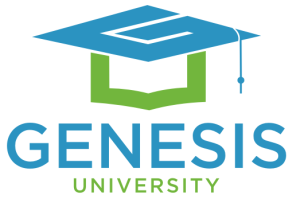This course examines issues related to nutrition, health, and
safety for children from toddlerhood through the school-age years. This class
looks at the role of nutrition in child development, and how it relates to
teaching strategies. In this course, we begin by understanding various aspects
of nutrition, and the importance of good nutrition to proper learning and development.
We also consider various strategies for teaching nutrition to young children.
Next, the role of menu planning in nutrition education is discussed, as well as
food safety concerns that are important for all teachers and school employees
to understand. The course goes on to
look at the role of general wellness in child development, considering health
assessments in school and looking at various physical, emotional, and mental
disorders that children can exhibit. Attention is paid to understanding the
special needs of children with various food requirements or other disorders, as
well as the importance of maintaining a safe physical environment for children
at all times. Finally, the course concludes by discussing abuse and neglect in
childhood, looking at ways that teachers can help to identify and report such
issues.
This course also provides an in-depth understanding of the physical, cognitive, social, and emotional development of children, birth through age eight. An exploration of the family and sociocultural influences on development are explored, as well as methods to observe and evaluate children’s development. Students learn the range of factors that influence young children’s learning, health, and well-being.
Students will gain a knowledge base, not only to understand but also to appreciate the growth, development, and learning of young children. Students gain understanding in the value and the critical importance of the early years for children birth to eight-years-old and the crucial role that communities, families, teachers, and peers play in the lives of young children.
Students are encouraged to pursue an 18-hour field experience as they pursue their studies for the course.
This course will provide you with an introduction to Early Childhood Education and its basic fundamentals. This course provides an overview of the field of early childhood education. It addresses the historical and theoretical bases for early childhood education, as well as the influence of standards-based instruction and assessment on current program practices. Students will have the opportunity to explore characteristics of the scope of early childhood programs (i.e., infant and toddler through early elementary age), and the programs and practices appropriate for each level. The importance of working with children and families from diverse backgrounds will also be addressed. The course facilitates initial professional development through the initiation of an early childhood education program portfolio, and observation of professionals in the field. For this course, students are encouraged to pursue a 24-hour field experience as they pursue their studies for the course.
